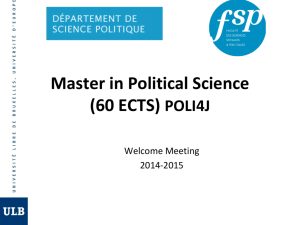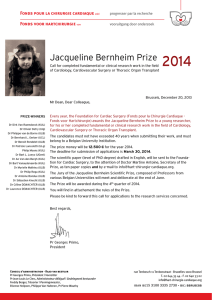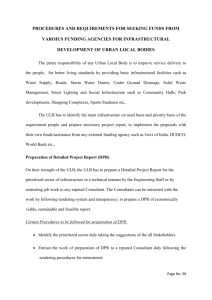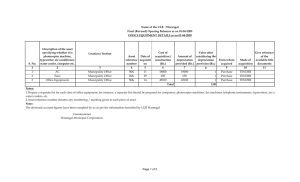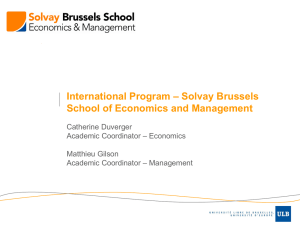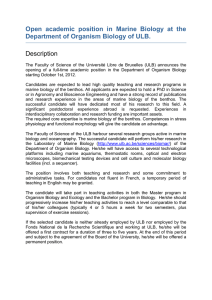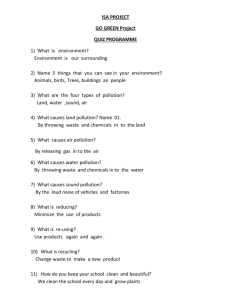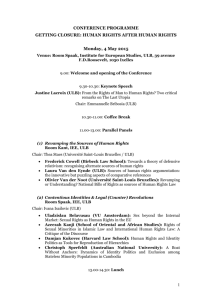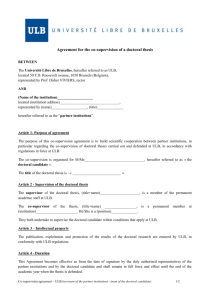English
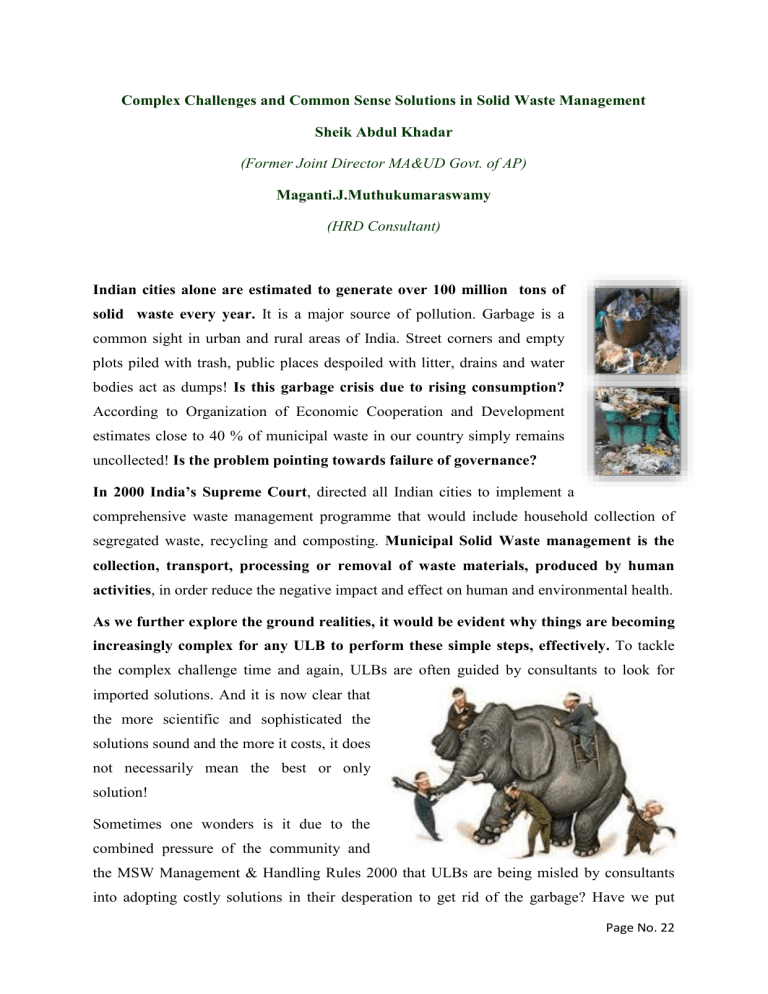
Complex Challenges and Common Sense Solutions in Solid Waste Management
Sheik Abdul Khadar
(Former Joint Director MA&UD Govt. of AP)
Maganti.J.Muthukumaraswamy
(HRD Consultant)
Indian cities alone are estimated to generate over 100 million tons of solid waste every year.
It is a major source of pollution. Garbage is a common sight in urban and rural areas of India. Street corners and empty plots piled with trash, public places despoiled with litter, drains and water bodies act as dumps! Is this garbage crisis due to rising consumption?
According to Organization of Economic Cooperation and Development estimates close to 40 % of municipal waste in our country simply remains uncollected! Is the problem pointing towards failure of governance?
In 2000 India’s Supreme Court
, directed all Indian cities to implement a comprehensive waste management programme that would include household collection of segregated waste, recycling and composting. Municipal Solid Waste management is the collection, transport, processing or removal of waste materials, produced by human activities , in order reduce the negative impact and effect on human and environmental health.
As we further explore the ground realities, it would be evident why things are becoming increasingly complex for any ULB to perform these simple steps, effectively. To tackle the complex challenge time and again, ULBs are often guided by consultants to look for imported solutions. And it is now clear that the more scientific and sophisticated the solutions sound and the more it costs, it does not necessarily mean the best or only solution!
Sometimes one wonders is it due to the combined pressure of the community and the MSW Management & Handling Rules 2000 that ULBs are being misled by consultants into adopting costly solutions in their desperation to get rid of the garbage? Have we put
Page No. 22
some thought into understanding and defining the problem first before blindly jumping into solutions? The popular choice these days is to spend crores of rupees on shiny new compactors and scientific landfills that get capped in no time! Garbage out of sight and out of mind temporarily is the only consolation!
First things first let us attempt to understand the problem thoroughly, as to why more and more garden cities are becoming garbage cities in our country! Why did we get into this situation and who is responsible for this situation?
Are these truly the roadblocks for garbage-free & dump-free cities?
Adequate Funds
Infrastructure
Technology
Leadership
Community involvement
Introspection will reveal that while there may be some gaps or shortfalls, they are not the roadblocks at all. The challenge is complex.
Ask the ULB staff and field functionaries they will say in unison, our workers are engaged round the clock in sweeping, cleaning drains and lifting waste regularly. ‘ It is the
People who have to be blamed ’.
They do not segregate.
People are apathetic.
They throw waste indiscriminately and
We are neither able to collect user charges nor enforce penalty for littering.
Hence we are unable to provide better service!
Ask the community and they will return the favour. Even when we gave segregated waste the workers took what they want and dumped all waste together in front of our eyes! ‘
It is the municipality who have to blamed’
ULB service is irregular
Their workers are not trained they undo whatever little segregation we do
The collection from door-2-door or from bins is not timely and regular
They collect and simply dump all the waste indiscriminately out of town
They don’t process waste, workers and ragpickers simply burn the waste
Page No. 23
We already pay taxes, why should we pay for them to dump our waste?
Hence as service receivers we want to see better management!
Point No.1
is the lack of synergy , responsive behaviour and cooperation between the service receivers, the people and service providers the ULB.
Counter Point: If the above argument is true then how did several success stories in towns like Suryapet, Salur, Bobbili emerge?
Point No.2 is the scale of operations . What works in a small town cannot be replicated and is not suitable for large corporations with over 5Lakhs population?
Counter Point: If the above argument is true then how did Warangal, Guntur and
Visakhapatnam corporations succeed in garbage free, dump free initiatives?
Based on these case-studies, we can confidently find suitable solutions for each ULB. We can think locally and act locally and demonstrate globally!
What happened in Warangal, Guntur and Visakhapatnam Corporations and what strategies can we adopt from these case-studies.
When there is a Vision there is a way - Crores of rupees worth tools and equipment were raised by donations from people’s participation – because the vision was clear, what was expected from them was even clearer
Create the Synergy – PH Workers & Public
– What is each others’ role and responsibility – Simply compliment each others’ role efficiently & effectively
Technology enabled Monitoring Mechanism: Collective monitoring mechanism aided by technology, Mobile, SMS, Web based solutions for complaint and redress mechanism which is user friendly
Institutionalize the System: Set procedures for Collection, Transportation, Process and Worker Benefits and institutionalize them for sustainability
Always Address the key Question; What is in it for me?
Needs of the all the stakeholders should be addressed in the vision & mission.
People would get better service, cleaner environment and health benefits
Workers would get work done smarter and chance to earn additional income
Cost reduction, monetary benefits and positive environment impact for ULB.
Page No. 24
Share the Vision with the people: Involve community participation
Plan the Mission with your team: Motivate - Change management
Fix Roles & Responsibilities: Smart goal setting & team work
Awareness: Targeted Audio, Visual & Participative campaigning
Segregated Collection: Household, Commercial & Bulk generators
Rationalized Transportation: Save manpower, fuel costs for ULB
Processing Plan for Organic Resource: Compost, bio-methanization
Inorganic Recyclables: Market Tie ups & Sale proceeds for Workers
Divert from Dumping – Reclaim Compost Yard: Achieve incremental improvement from diverting waste, except intert, reclaim compost yard and establish SWM Park.
What we need is just common sense - not crores of rupees for this approach!
Page No. 25
